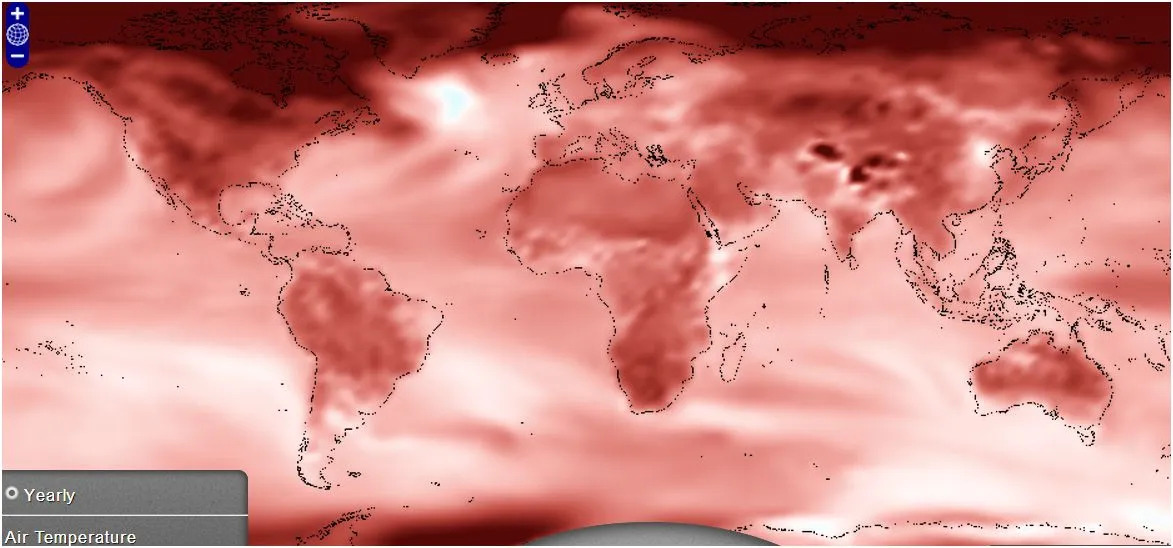The Brazilian government celebrated the 25th anniversary of the Pirate Project, which has helped improve models used for climate predictions through buoys installed at sea.
The international collaborative project Moored Buoy Array for Prediction and Research in the Tropical Atlantic (Pirata), funded by Brazil, France, and the United States, celebrates its 25th anniversary this October and has implications worldwide.
Brazilian Minister of Science, Technology, and Innovation, Paulo Alvim, highlighted the project’s contribution to global science.

“It is an investment that extends to the entire planet because it is about weather and climate. The research contributes to developing predictive models and processes to protect the oceans,” he said.
Project Pirate consists of 18 buoys distributed across the Atlantic Ocean that collect oceanic and atmospheric data and make it possible to improve the definition of weather and climate prediction models.
According to the Brazilian government, the data obtained also contribute to sea surface temperature estimates, rainfall optimization, and hurricane forecasting. Eight of the buoys are under Brazilian responsibility.
“The program contributes to advances in mathematical modeling, in modeling how this can contribute to security, and here there is an important aspect: when we work with predictions, we talk about natural disasters, about how we can predict these kinds of things, in other words, the impact of Pirata is very significant,” Alvim said.
The minister stressed that Pirata builds the capacity to predict climate phenomena with major social and economic impacts, such as droughts and excessive rainfall. It also helps Brazil better understand and sustainably explore the marine resources of the tropical Atlantic.
According to Alvim, the ocean is the new frontier of knowledge.
“We see it as an opportunity for new knowledge to unfold in the possibility of wealth creation. Sometimes we think only of fisheries, but other impacts can be very important, for example in mining or energy,” he explained.

